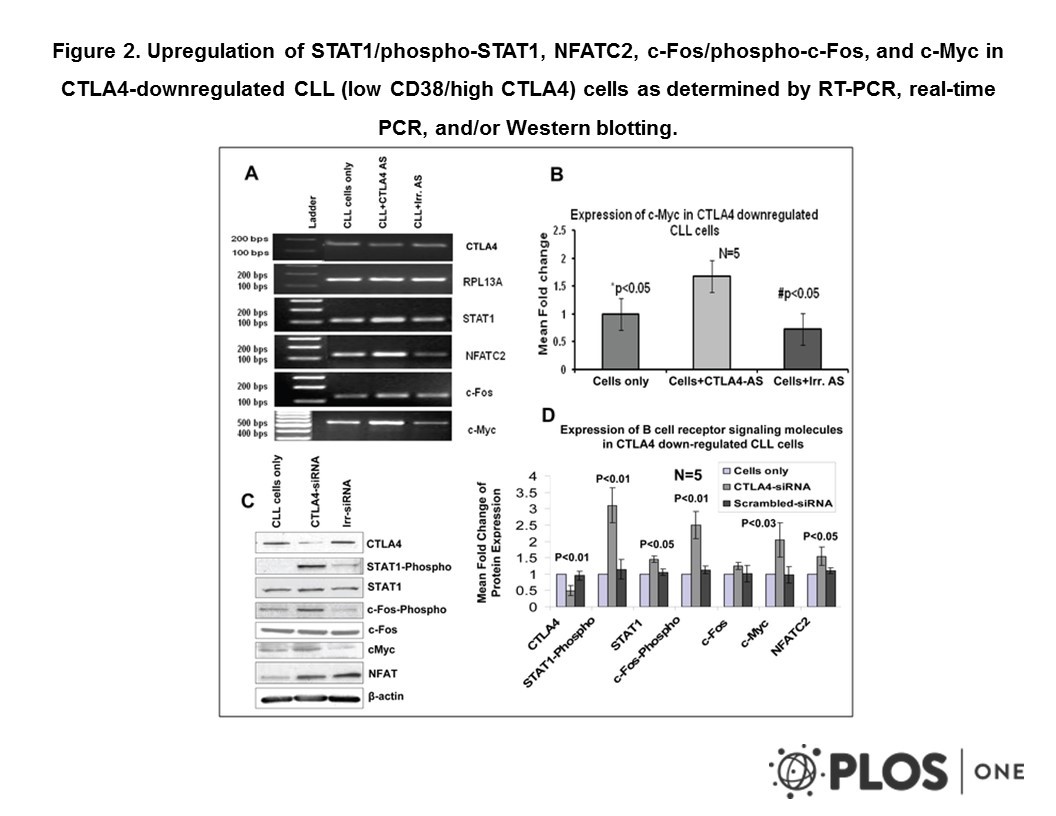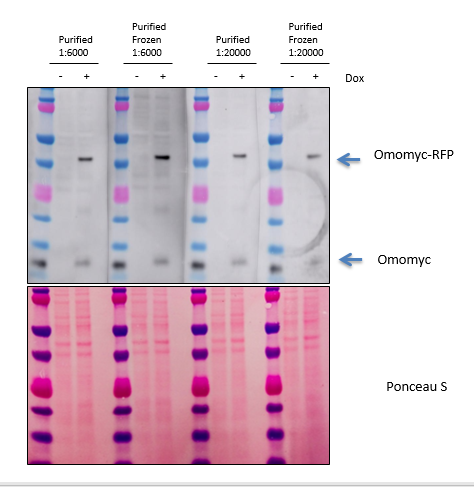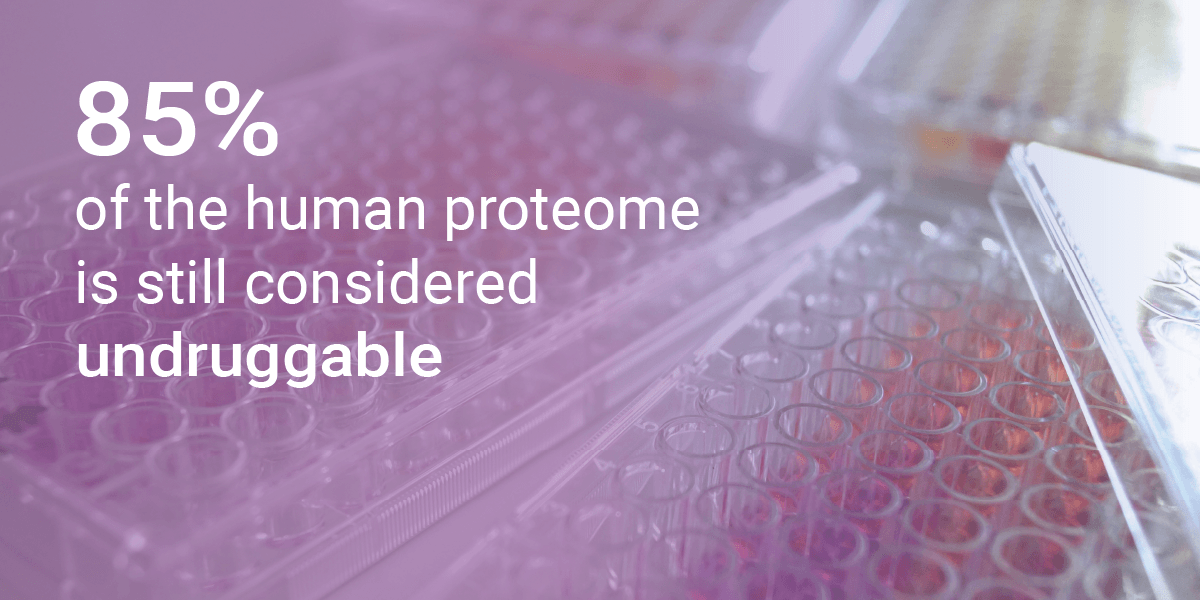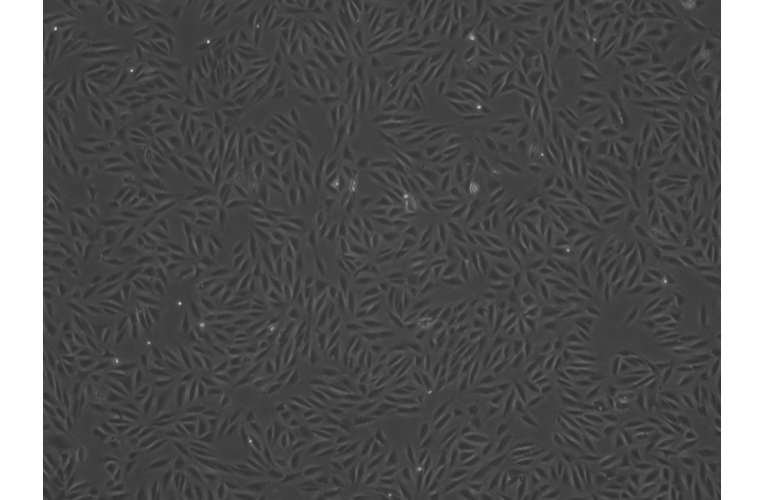
Targeting the difficult-to-drug protein – MYC Blog Post
[…] targeting a protein that was, and still is, considered by many to be “difficult-to-drug” – MYC. The MYC protein sits within the nuclei and acts as a ‘master regulator’ of a variety of […]

[…] targeting a protein that was, and still is, considered by many to be “difficult-to-drug” – MYC. The MYC protein sits within the nuclei and acts as a ‘master regulator’ of a variety of […]
The c- Myc and N-Myc oncogenes are members of the Myc family of transcription factors that regulate cell proliferation and apoptosis. c-Myc is expressed in proliferating tissues and increased c-Myc […]

The c- Myc and N-Myc oncogenes are members of the Myc family of transcription factors that regulate cell proliferation and apoptosis. c-Myc is expressed in proliferating tissues and increased c-Myc […]
A myc tag is a polypeptide protein tag derived from the c-myc gene product that can be added to a protein using recombinant DNA technology.

Monoclonal antibody specific for Omomyc, capable of suppressing Myc-induced oncogenesis.

[…] targets in cancer are often known oncogenes or tumour suppressors. These include transcription factors such as MYC, MYB, p53, STAT3, nuclear factor-κB (NF-κB), and fusion transcription factors frequently associated with paediatric cancers. The RAS family also belong […]
CAG driven vector expressing antigenic protein tags, “spaghetti monster� fluorescent proteins (smFPs), with a Myc epitope tag. For mammalian expression.
Monoclonal antibody raised against sequence of c- Myc, a proto-oncogene heavily implicated in a variety of (hematopoietic) cancers, which has been used in cancer research to detect and understand the […]

[…] (RPE) stably expressed human CXCR4 when transduced with N-terminal FLAG or N-terminal FLAG and C-terminal MYC tagged CXCR4. RPE cells were used because this cell line has very low CXCR4 […]
In vivo study of Myc activation in skin; in vivo study of skin cell proliferation & differentiation (sebocytes, epidermis)

Please note we may take up to three days to respond to your enquiry.
CancerTools.org uses the contact information provided to respond to you about our research tools and service. For more information please review our privacy policy.